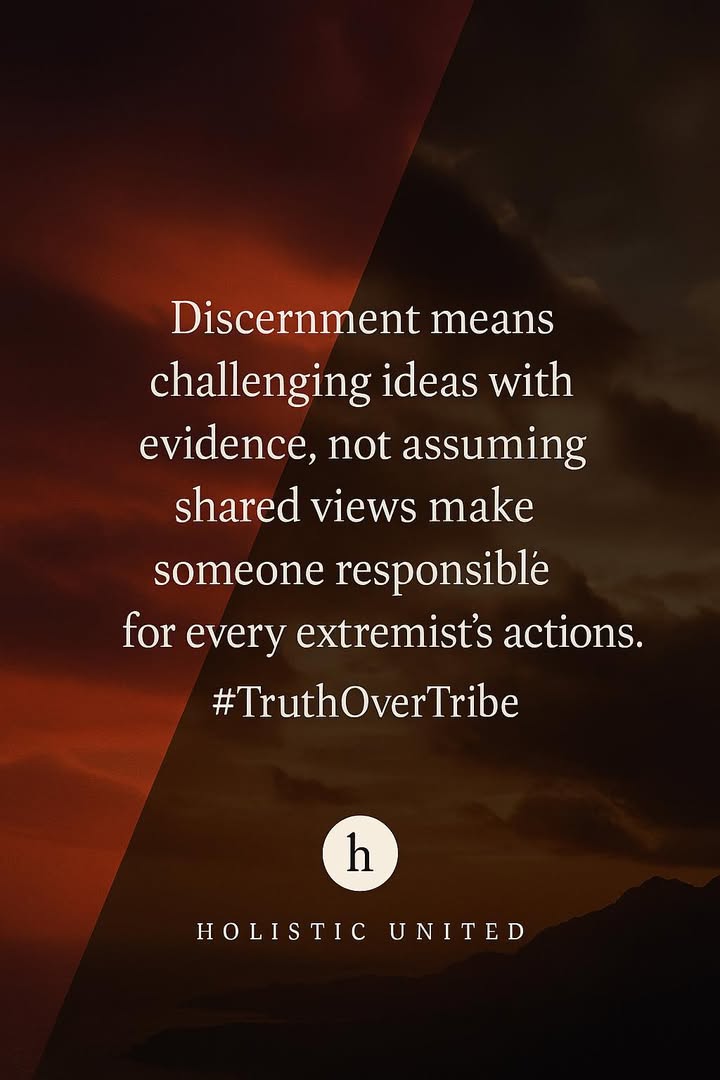When evaluating heated political or cultural disputes, discernment means separating documented facts from narrative framing, and direct causation from guilt-by-association. You can oppose J.K. Rowling’s stance on gender identity and still recognize that conflating her influence with every extreme or abhorrent actor who shares one sliver of her position risks collapsing the argument into emotional overreach. Critique her words, cite her policy impact, and challenge her reasoning on evidence, that’s principled debate. But the moment the conversation shifts into psychological speculation about her motives or assumes that alignment on one issue makes her responsible for all the actions of fringe extremists, the argument moves from fact into projection. When we stop distinguishing between what’s proven and what’s presumed, we don’t just weaken our own case, we make it easier for both sides to poison the well.



Leave a comment